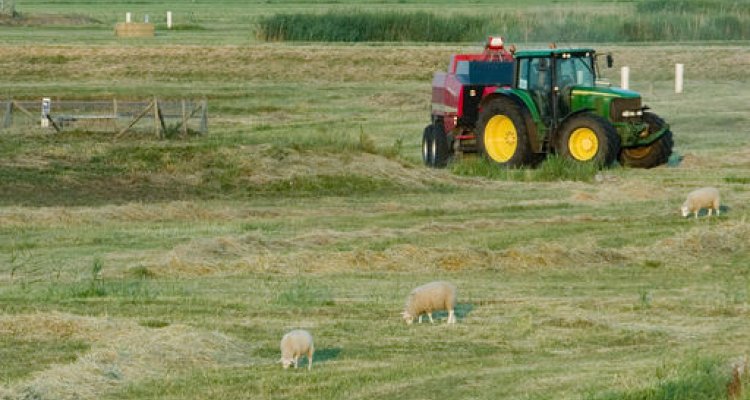
Project
Environmental and economic analysis of circular agriculture initiatives in the North of the Netherlands
PhD project by Anne Hoogstra. Improving the efficiency of the current food system is not sufficient to address the environmental challenges. Instead, it requires a redesign of our food system to operate within the planetary boundaries. The aim of this research is to explore the environmental and economic conditions of small wins in the case study of the North of the Netherlands.
To produce and consume food within the planetary boundaries, a transition towards a circular food system is proposed. A circular food system aims to reduce the consumption of resources and emission to the environment by closing the loop of materials and substances, and avoiding waste. Designing our agricultural system in such a way requires a transition of the current system. A perspective for facilitating transitions in the context of a circular economy is the small wins framework. Small wins are characterized by concrete results in terms of in-depth changes of moderate importance. However, the framework is not yet operationalized in the field of circular agriculture.
The contribution to circularity is one of the criteria of small wins, but the actual contribution of these initiatives to circularity is unknown. The aim of this research is to explore the environmental and economic conditions of small wins in the case study of the North of the Netherlands. The following research objectives were derived from this aim: 1) operationalizing of the small win criteria in the context of circular agriculture 2) analysing the environmental benefits and costs of small wins 3) analysing the economic conditions and business models of small wins 4) explore the environmental effects of upscaling of small wins.
This research will combine quantitative modelling with qualitative approaches. Within the scope of this study only small wins located in the North of the Netherlands and focused at primary agricultural production are considered.